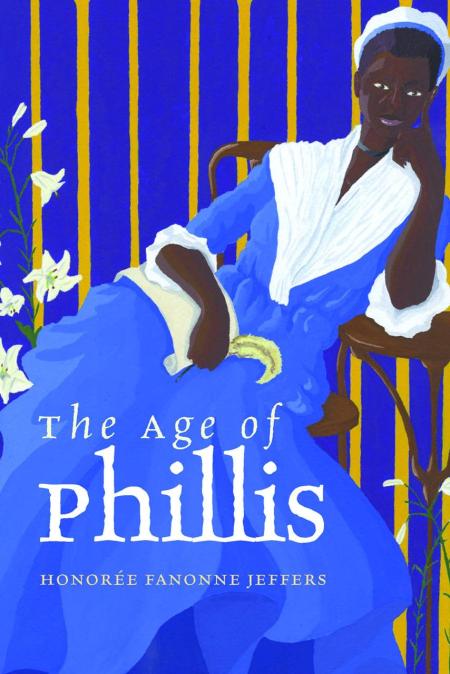
American Antiquarian Society
185 Salisbury Street
Worcester, MA 01609
United States
In her newest book of poetry, The Age of Phillis, Honorée Fanonne Jeffers uses creative strategies based upon fifteen years of archival research to shift emphasis away from the usual historical narratives on Phillis Wheatley Peters. Scholars of Wheatley Peters have usually focused on her life following her enslavement as a small child, beginning her biography with her 1761 arrival in Boston Harbor. However, with rare exceptions, there have been scant examinations of—or even speculations about—the pre-slavery life of the African child renamed Phillis, especially concerning her birth parents. Instead, the responsibility for her intellectual, creative, and emotional development has been gifted to her white slaveowners. While most of the discussions of West African influences on this eighteenth-century poet have taken a disembodied approach, addressing these influences in isolation from familial realities, Jeffers eschews this approach, moving toward emotional considerations of African lineage(s) and kinship.

Poet, writer, and essayist Honorée Fanonne Jeffers is the author of five books of poetry, most recently The Age of Phillis (Wesleyan, 2020), based upon the life and times of Phillis Wheatley Peters. The Age of Phillis was long-listed for the 2020 National Book Award in Poetry. Jeffers has received fellowships from the American Antiquarian Society, the National Endowment for the Arts, the Witter Bynner Foundation through the Library of Congress, among others, and she has received two lifetime achievement notations, including induction into the Alabama Writers Hall of Fame. Jeffers is professor of English at University of Oklahoma.